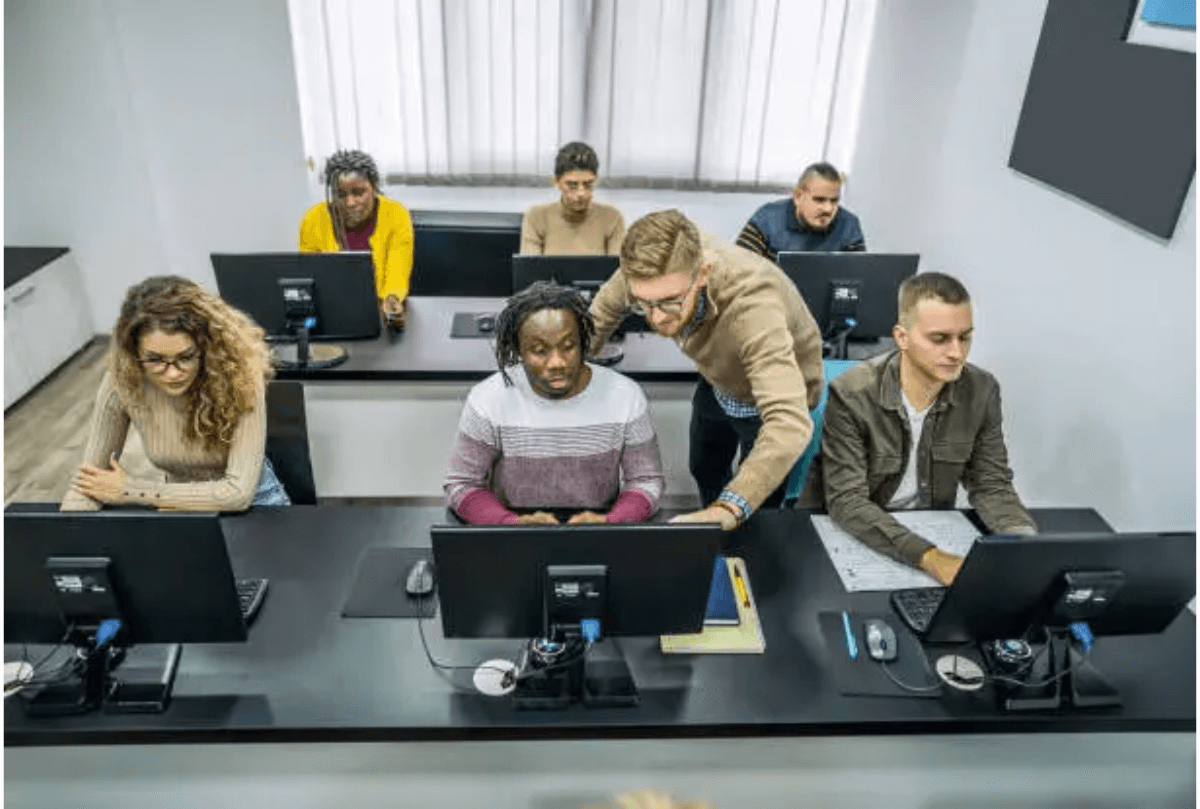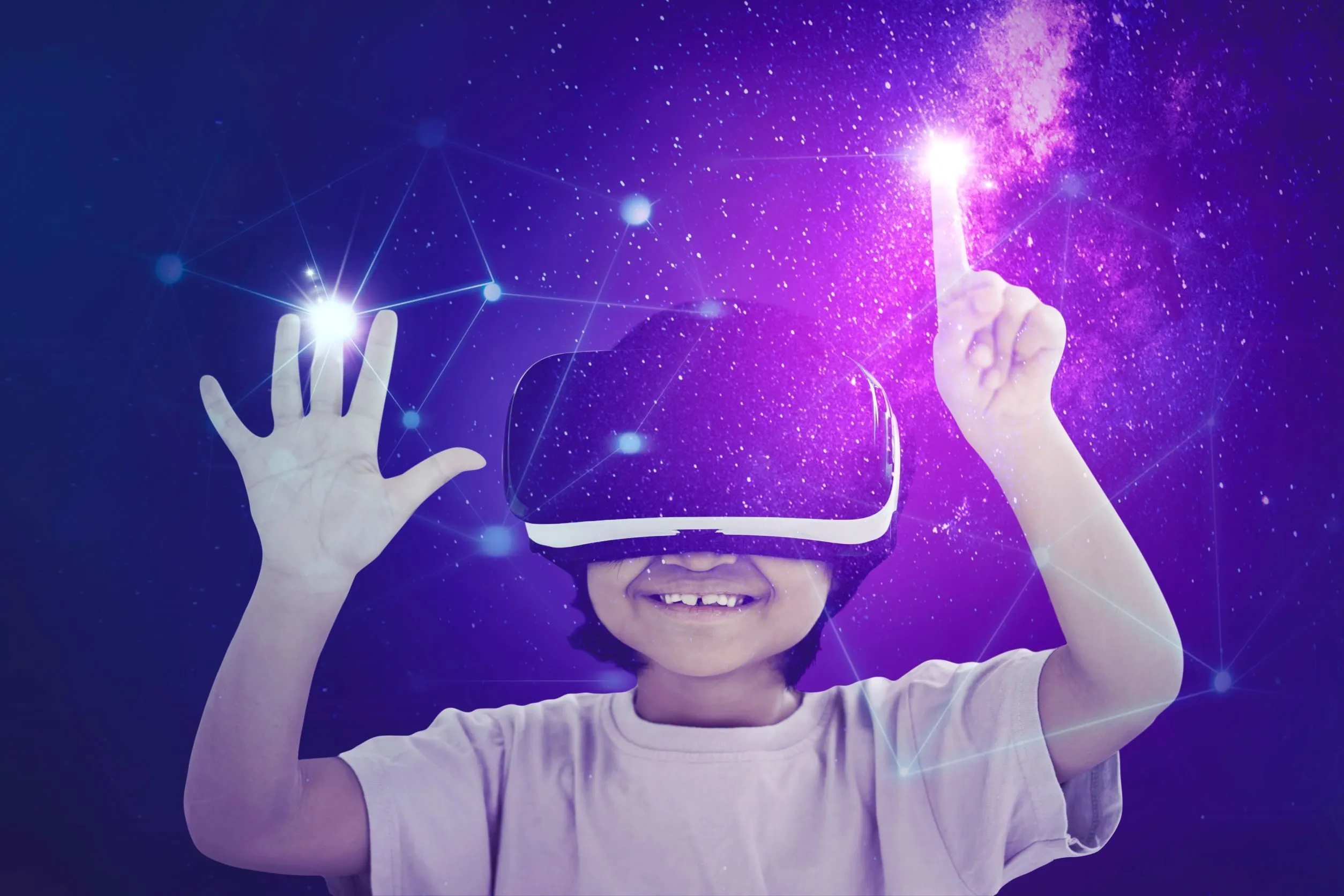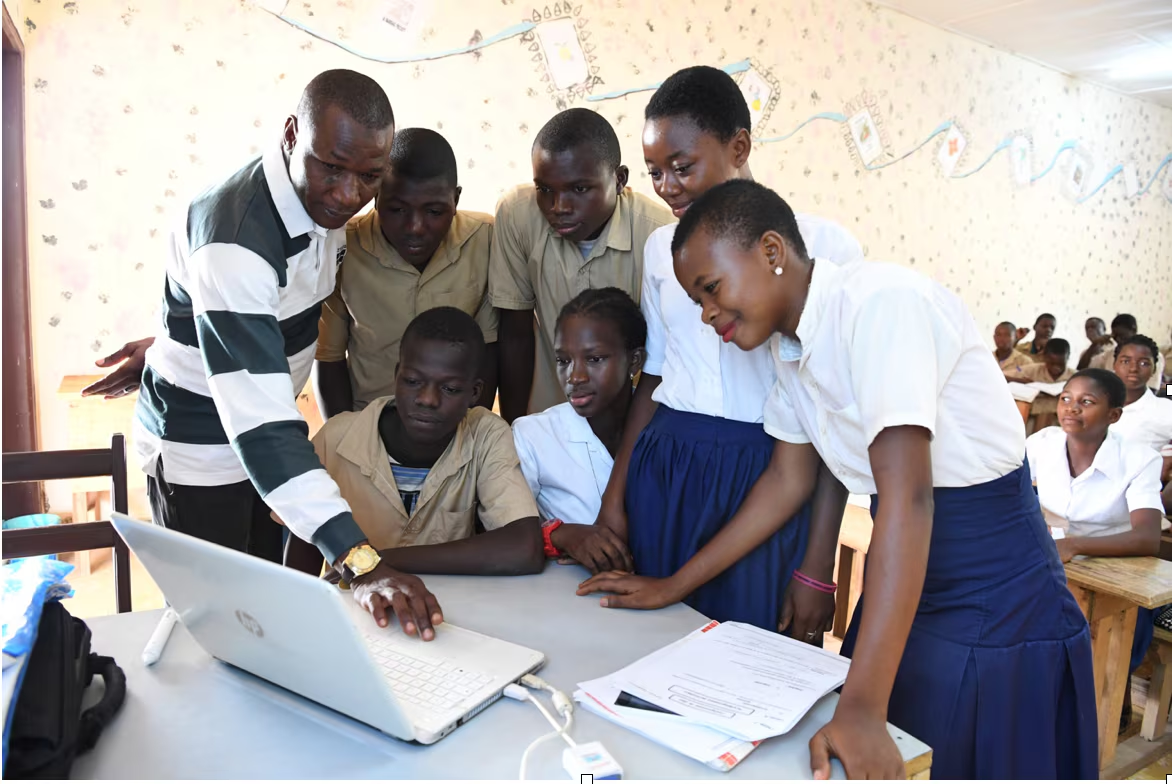The Future of Education: Preparing Learners for a Changing World
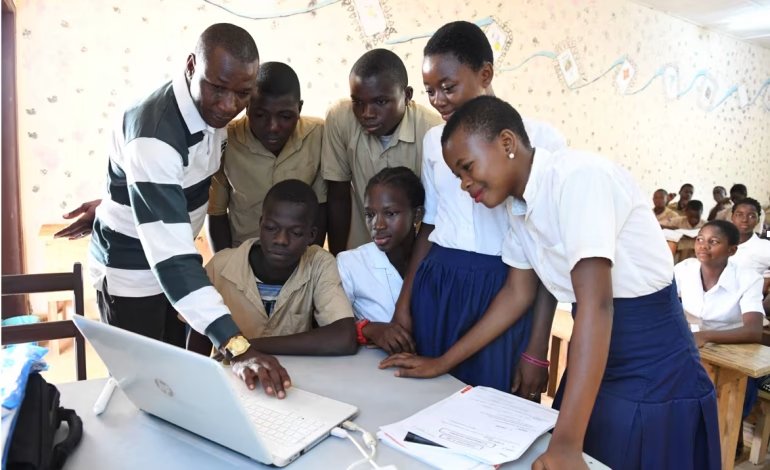
Education has always been the foundation of progress, equipping individuals with the knowledge and skills they need to thrive in society. But as the world evolves—driven by rapid technological advancements, shifting job markets, and a growing need for critical thinking—the way we teach and learn must also transform. Traditional models of education, once centered on rote memorization and standardized testing, are being reshaped into systems that prioritize adaptability, creativity, and lifelong learning.
The question is no longer just what students should learn, but how they can develop the skills and mindset to succeed in a world that is constantly changing.
The Shift from Traditional to Modern Learning
For centuries, education followed a one-size-fits-all model, with students seated in classrooms, absorbing information from textbooks and lectures. While this system produced generations of workers equipped for industrial and administrative jobs, it is increasingly mismatched with today’s economy, which demands problem-solving, collaboration, and digital fluency.
Modern education is shifting toward:
-
Student-centered learning, where lessons are tailored to individual strengths and interests.
-
Interactive and project-based approaches, which emphasize hands-on experiences over passive memorization.
-
Digital integration, using technology to connect students with resources, peers, and opportunities beyond the classroom.
By embracing these changes, educators can better prepare students for careers and challenges that may not even exist yet.
The Role of Technology in Education
Technology is at the heart of the educational revolution. Online learning platforms, interactive apps, and virtual classrooms have broken down barriers, making education accessible to anyone with an internet connection.
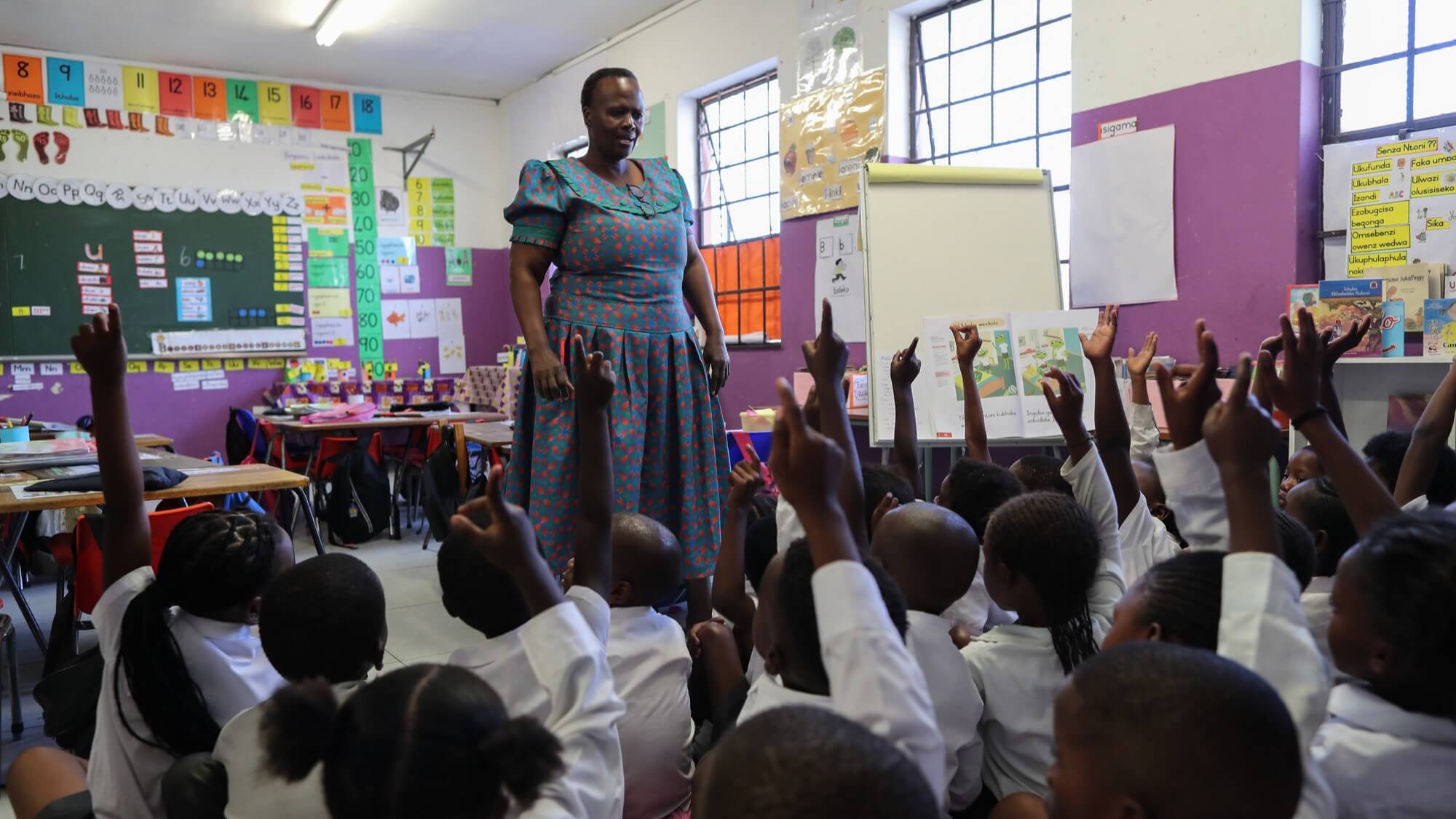
Key benefits of technology in education include:
-
Accessibility: Students in remote areas or with busy schedules can access quality lessons through online platforms.
-
Personalization: Adaptive learning tools adjust content based on a student’s pace and understanding.
-
Collaboration: Digital tools like Google Workspace, Zoom, and learning management systems allow students to collaborate across time zones and cultures.
-
Skill development: Technology helps students master essential digital skills, from coding to data analysis, which are increasingly vital in modern careers.
While technology will never replace the importance of human educators, it provides powerful tools to enhance learning and reach more students globally.
Lifelong Learning: Beyond the Classroom
In the past, education was often viewed as something that ended with a diploma. Today, the most successful individuals recognize that learning is a lifelong process. With industries evolving rapidly due to automation and artificial intelligence, workers must continuously acquire new skills to remain competitive.
Companies and governments are increasingly offering training programs, workshops, and certifications to help workers adapt. Online platforms like Coursera, Udemy, and LinkedIn Learning make it easier for professionals to upskill at their own pace.
The mindset of lifelong learning is also being instilled in younger generations, encouraging curiosity, resilience, and the ability to embrace change.
Building Critical Skills for the Future
Education in the 21st century isn’t just about academic knowledge. Students need to develop soft skills—abilities that help them navigate a dynamic, globalized world. Among the most important are:
-
Critical thinking and problem-solving, to analyze information and make sound decisions.
-
Creativity and innovation, essential for industries that thrive on fresh ideas.
-
Collaboration and communication, to work effectively in diverse teams.
-
Digital literacy, ensuring comfort with emerging technologies.
-
Adaptability and resilience, to handle uncertainty and change with confidence.
By focusing on these skills, educators can help students build a toolkit that will serve them for life, regardless of how industries shift.
The Importance of Emotional and Social Learning
Modern education also recognizes that academic success is only part of the equation. Emotional intelligence, empathy, and interpersonal skills are just as crucial for personal and professional success.
Social and emotional learning (SEL) programs, now implemented in many schools, help students:
-
Understand and regulate their emotions.
-
Develop empathy and respect for others.
-
Build positive relationships and resolve conflicts constructively.
-
Reduce stress and improve mental health, which supports better academic performance.
By nurturing both cognitive and emotional growth, education can create well-rounded individuals capable of thriving in complex social and professional environments.
Global Perspectives and Cultural Awareness
In a connected world, education must prepare students to engage with diverse cultures and perspectives. Cross-cultural understanding not only enriches personal development but also equips students for careers in global markets.
Schools and universities are incorporating global studies, foreign languages, and exchange programs to help students broaden their horizons. Digital collaboration tools also allow classrooms in different countries to work together, fostering cultural appreciation and global citizenship.
Challenges Facing Modern Education
Despite these advancements, education faces several challenges:
-
Inequality in access: Millions of students worldwide still lack reliable internet or resources, creating a digital divide.
-
Teacher shortages and training gaps: Educators need ongoing professional development to effectively use new tools and methodologies.
-
Overemphasis on standardized testing: In many regions, traditional exams still overshadow skill-based learning, limiting innovation.
-
Balancing technology with human connection: While digital tools are powerful, students still need mentorship and interpersonal interaction for holistic growth.
Addressing these challenges requires collaboration among governments, educators, businesses, and communities to ensure that no learner is left behind.
The Future of Education
Looking ahead, education will continue to evolve in exciting ways. Key trends shaping the future include:
-
Hybrid learning models, combining in-person and online instruction for flexibility and accessibility.
-
AI-powered personalization, where algorithms tailor lessons to each student’s needs.
-
Gamification, making learning more engaging through interactive, game-like experiences.
-
Micro-credentials and modular learning, allowing individuals to build skills through shorter, focused programs.
-
Greater focus on sustainability and ethics, preparing students to address global challenges like climate change and inequality.
These innovations will not only transform how we learn but also what we value in education, shifting the focus from grades to growth, from memorization to mastery.
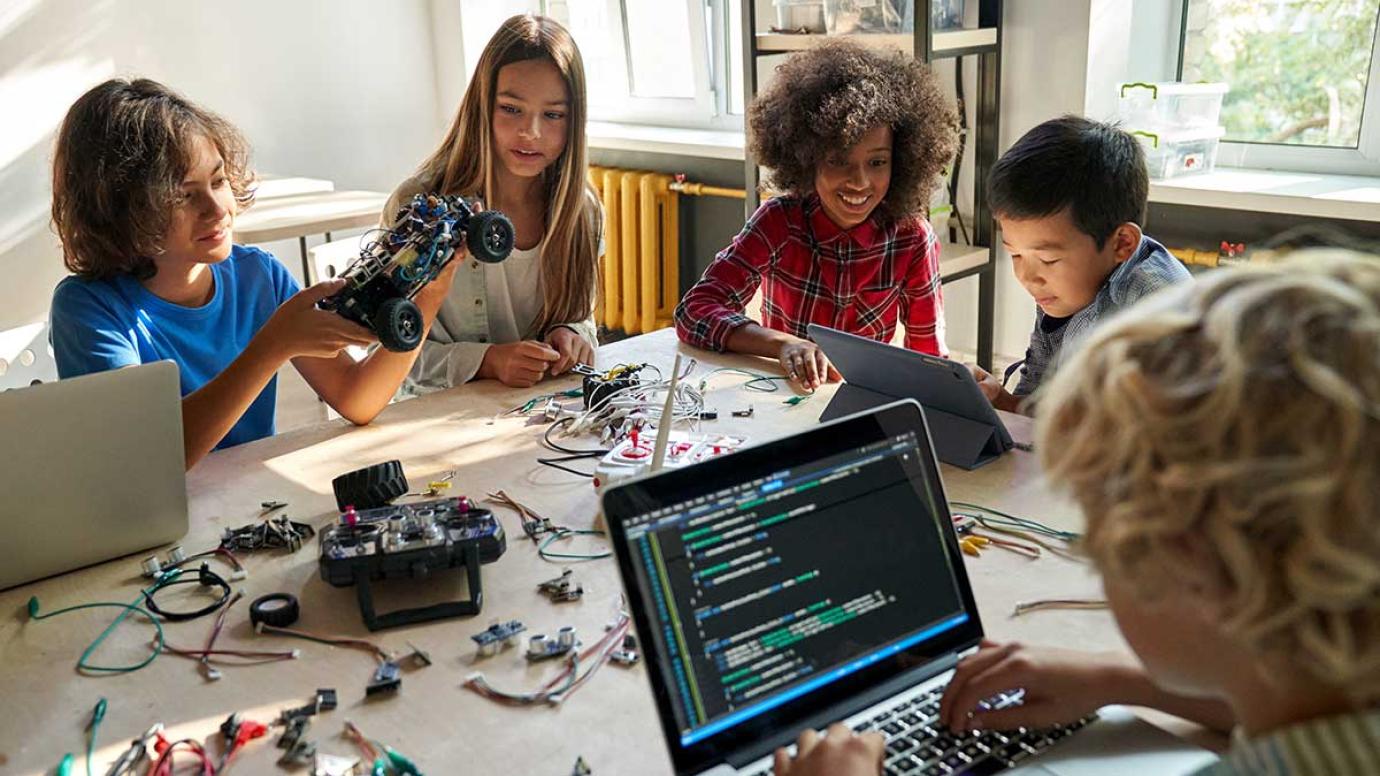
Conclusion: Education as a Lifelong Journey
Education is no longer confined to classrooms or specific stages of life—it’s a continuous journey that empowers individuals to adapt, grow, and contribute meaningfully to society. As technology, culture, and industries evolve, so must our approach to teaching and learning.
By embracing innovation, prioritizing skills and emotional intelligence, and ensuring equitable access for all, we can create educational systems that truly prepare people for the challenges and opportunities of the future. In a rapidly changing world, the ability to learn, unlearn, and relearn may be the most valuable skill of all.


